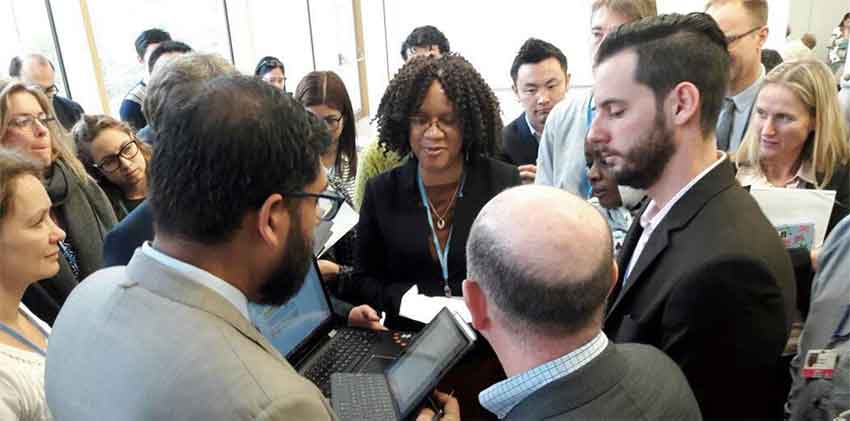THESE climate change talks continue to proceed at a slow, but onward pace. Imagine how difficult it is for a family of eight to agree on where they should go to dinner or where they should spend the next family vacation. Now, juxtapose this on almost 200 countries, with different cultures, different languages, different expectations and experiences, all seeking to get their views heard and pushing all others to endorse, so as to arrive at a consensus as to what goes forward as a decision. If one single party objects, then there is no decision.
While there were some thirty-one decisions, ranging from finance and budgets, adaptation, mitigation, loss and damage, capacity building, technology, reporting, the Fiji Momentum for Implementation is certainly worth noting. This decision underscores the importance of keeping the momentum and continuing to uphold the spirit and vision of the Paris Agreement, highlighting the urgency for the completion of the Paris Agreement work programme (PAWP) by its twenty-fourth session (December 2018).
The Fiji Momentum for Implementation has three pats:
1. Completion of the PAWP;
2. Talanoa dialogue; and
3. Pre-2020 implementation and ambition.
1. COMPLETION OF THE WORK PROGRAMME UNDER THE PARIS AGREEMENT
Parties confirmed their determination to oversee and accelerate the completion of the PAWP by its twenty-fourth session (December 2018) and to forward the outcomes for consideration and adoption by the Conference of the Parties serving as the meeting of the Parties to the Paris Agreement (CMA) in December 2018 (COP 24). The work programme deals with the work involved in developing the set of rules that will help countries to implement the Paris Agreement.
2. TALANOA DIALOGUE
“Talanoa” is a traditional approach used in Fiji and the Pacific to engage in an inclusive, participatory and transparent dialogue, to share stories, build empathy and trust.
The dialogue will be conducted in a manner that promotes enhanced ambition. The dialogue will consider, as one of its elements, the efforts of parties on action and support, as appropriate, in the pre-2020 period.
A dedicated space will also be provided in the dialogue, both during the preparatory and the political phase, to facilitate the understanding of the implications of the special report by the Intergovernmental Panel on Climate Change (IPCC) on global warming of 1.5°c.
3. PRE-2020 IMPLEMENTATION AND AMBITION
Parties emphasized that enhanced pre-2020 ambition can lay a solid foundation for enhanced post-2020 ambition. There was further recognition of the commitment undertaken by developed country parties to a goal of mobilizing jointly US$100 billion annually by 2020 to address the needs of developing countries in the context of meaningful mitigation actions and transparency on implementation. In this regard, biennial high-level ministerial dialogues on climate finance will be held in 2018 and 2020. In addition to the element of ambition, as indicated in 2 above, the Talanoa dialogue will consider, as an element of the dialogue, the efforts of parties in relation to action and support, as appropriate, in the pre-2020 period.
“COP23 delivered on what it set out to do,” said Laurence Tubiana, former Climate Change Ambassador and Special Representative for France for COP21 and current CEO of European Climate Foundation. “We now have the processes in place to conclude the Talanoa Dialogue and the Rulebook for Paris at COP 24 in Poland [venue of COP 24]. There really is no time to lose; we have been painfully reminded of the urgency to scale up our collective climate action by the devastating climate impacts across the world this year.”





![Simón Bolívar - Liberator of the Americas [Photo credit: Venezuelan Embassy]](https://thevoiceslu.com/wp-content/uploads/2025/12/Simon-Bolivar-feat-2-380x250.jpg)



